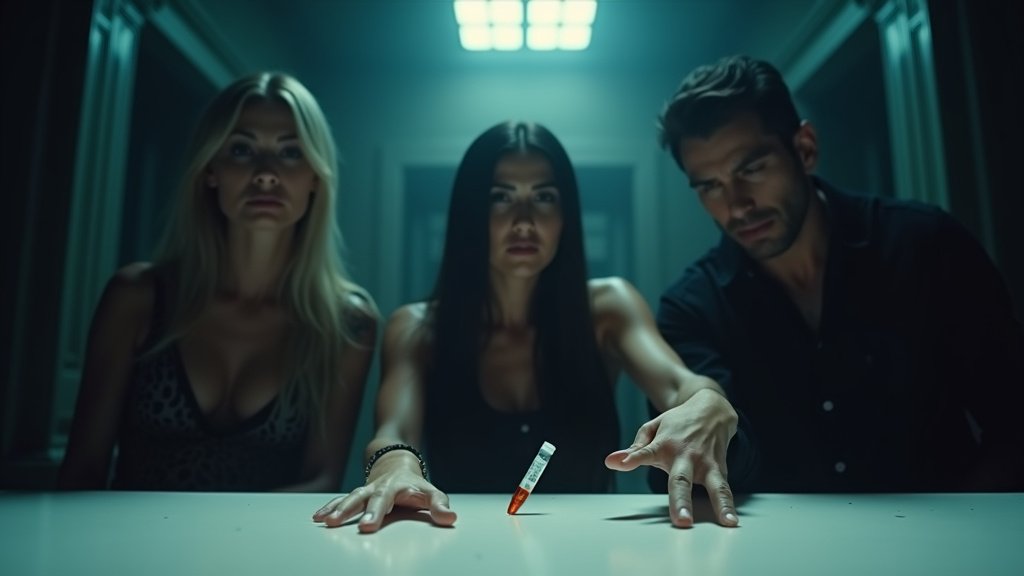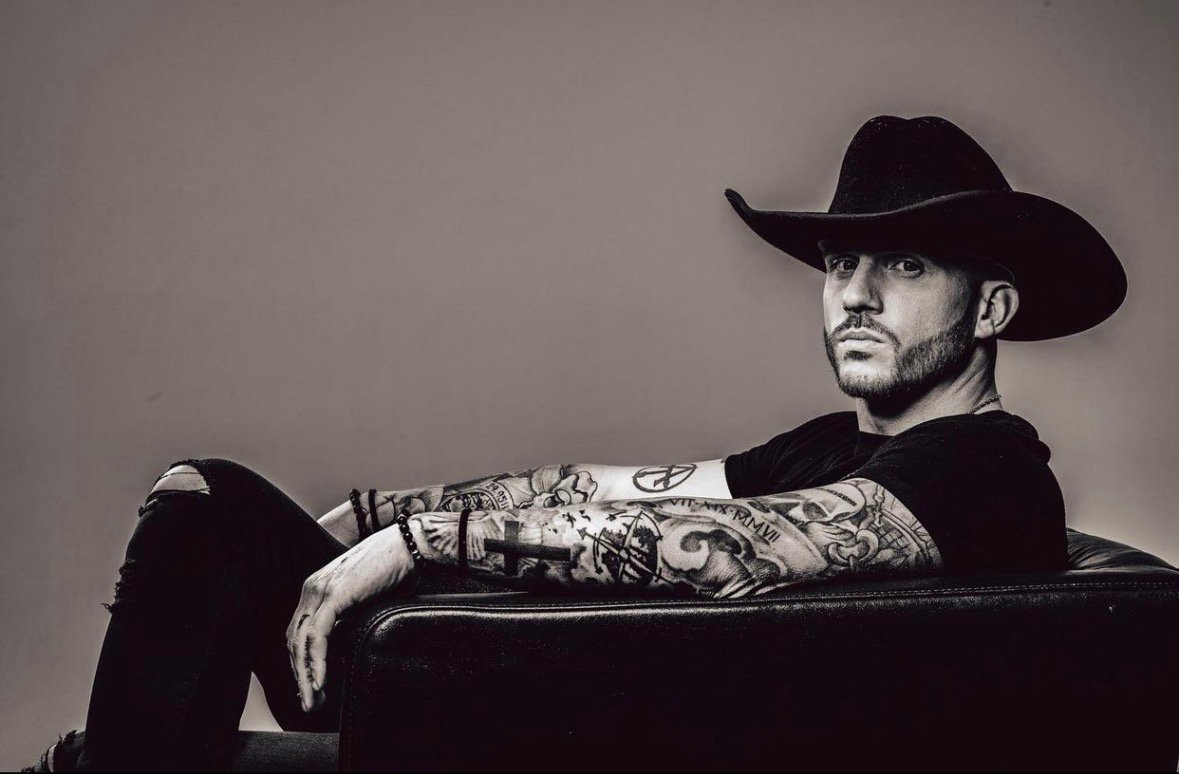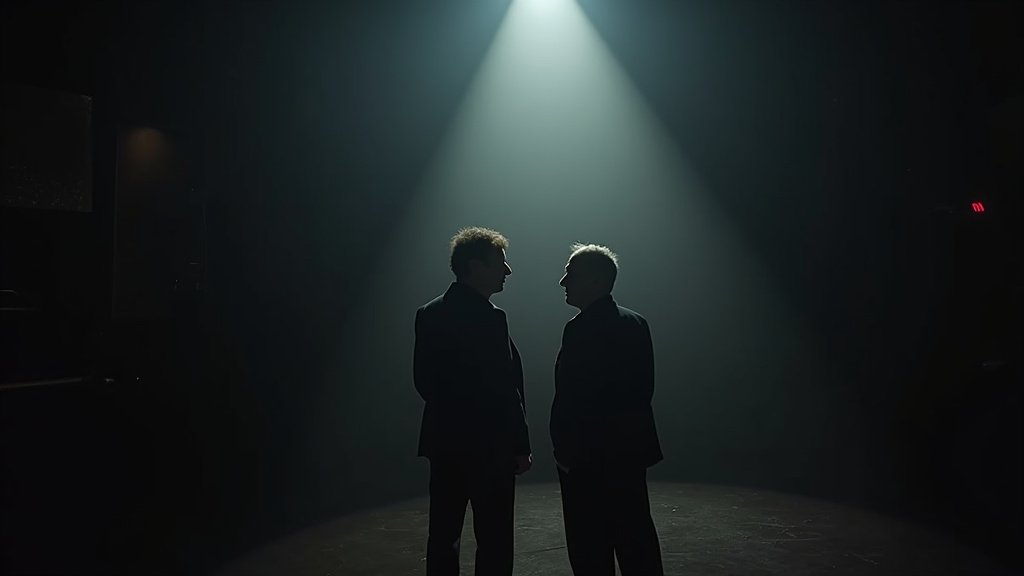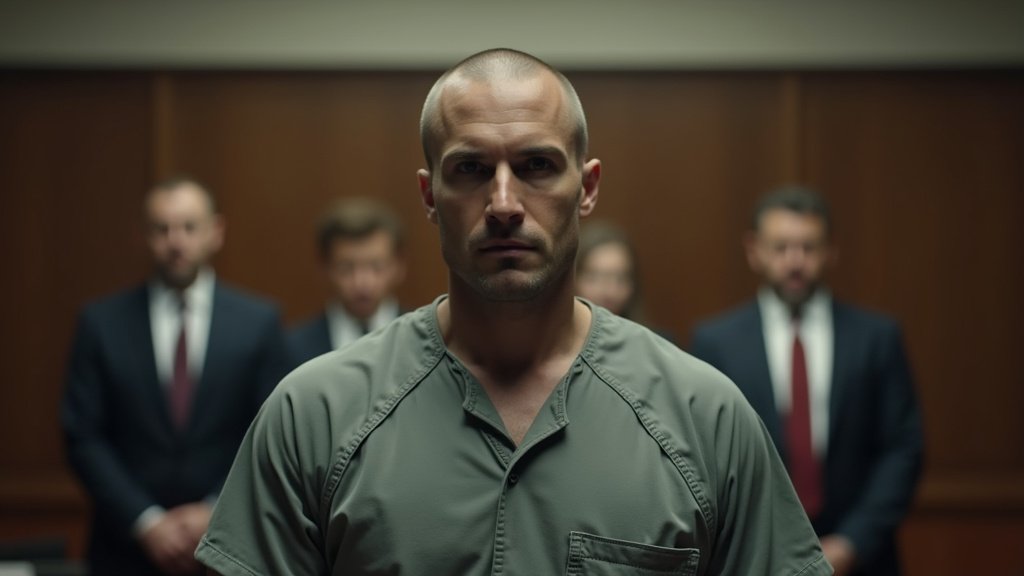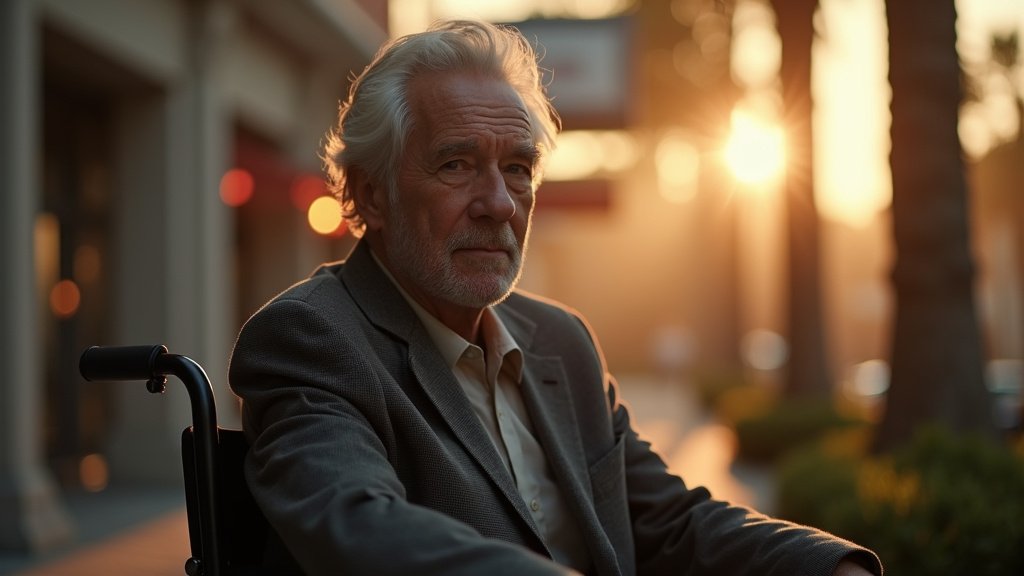Istanbul authorities have launched a significant drug investigation, summoning dozens of high-profile Turkish singers, actors, and social media personalities for questioning and blood tests. The operation, which took place on October 8, 2025, centers on allegations of “using narcotic or stimulant substances” and marks another chapter in the ongoing scrutiny of the country’s vibrant entertainment scene.
The Investigation Unfolds
The Istanbul Chief Public Prosecutor’s Office, in conjunction with the Istanbul Provincial Gendarmerie Command, initiated the probe, which saw approximately 19 prominent figures from the arts and media world called in. State-run media reported that a total of 12 singers and actors were initially taken for statements and blood samples, though broader lists of those questioned have since emerged. Among the well-known individuals named are singers Hadise Acikgoz and Irem Derici, actresses Demet Evgar and Berrak Tuzunatac, and social media influencers Duygu Ozaslan and Derin Talu. Other notable figures include Ziynet Sali, Kubilay Aka, Kaan Yildirim, Mert Yazicioglu, Metin Akdulger, Ceren Moray, Ozge Ozpirinçci, Birce Akalay, and lawyer Feyza Altun, among others. The news quickly generated significant hype and discussion across social media platforms.
The investigation’s focus is strictly on verifying allegations of drug use, rather than immediate arrests or charges. Officials clarified that those summoned were not taken into custody and were expected to be released following the mandatory blood tests. The outcome of the inquiry will heavily depend on the toxicology results and subsequent legal evaluations. In Turkey, the use of narcotic or stimulant substances is typically handled under Article 191 of the Turkish Penal Code, which can lead to orders for treatment, rehabilitation, or probation rather than outright imprisonment, depending on the investigation’s findings.
A Wider Crackdown on Artistic Expression
This latest operation does not occur in a vacuum. It coincides with what many observers describe as a broader crackdown on artists and opposition voices within Turkey under President Recep Tayyip Erdogan’s administration. Recent months have seen increased legal pressures on creative individuals. Pop singer Mabel Matiz is currently facing a potential prison sentence for alleged “obscenity” in his song lyrics, with prosecutors claiming violations of public morality laws. Similarly, the girl band Manifest is facing legal action for alleged “indecent acts” during a performance. Critics argue that such actions amount to policing morality and stifling artistic freedom in a country that is constitutionally secular. This tightening environment has led some to draw parallels with international trends concerning state control over cultural output, a stark contrast to the global appeal often associated with Hollywood.
Historical Precedents in Celebrity Probes
This is not the first time Turkish celebrities have found themselves at the center of drug-related investigations. In 2013, a large-scale operation led to the detention of 55 individuals, including prominent actors like Nehir Erdoğan, Sarp Apak, and Kenan İmirzalıoğlu, on suspicion of using or selling narcotics. More recently, rapper Ezhel faced trial for alleged “drug use,” though he was acquitted of charges of inciting drug use in 2018, following a period where the hashtag “#FreeEzhel” became trending online amid claims his arrest was an attempt to censor his critical voice. These past events highlight a recurring pattern of law enforcement attention towards figures in the public eye.
Future Implications
The ongoing investigation into prominent artists underscores the complex relationship between celebrity culture, public morality, and legal oversight in Turkey. As the results of the blood tests are processed and further legal evaluations are made, the news will undoubtedly continue to develop. The potential consequences for the involved celebrities, as well as the broader implications for freedom of expression and the Turkish entertainment industry, remain a significant point of public and media interest. The outcome will be closely watched, both domestically and internationally, as it speaks to the prevailing climate for artists and public figures in the country.

